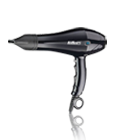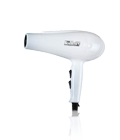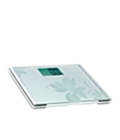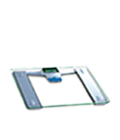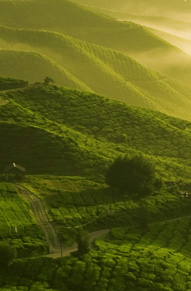
Tea tasting
Professional tea testers check the sensory quality of the production samples within one period of harvest, for example the comparisons of the harvest of the Darjeeling first and second flush. This kind of tea tasting is not comparable with a tasting of a lay man to find out the favourite tea. It is complicated to determine the profile of a tea since it is proved with the help of the five senses: you can taste, smell, see and feel it. From the appearance and by smell a tea tester can clearly make a decision concerning origin and quality.
For testing soft water is needed. For each tasting cup, three grams of tea are infused and it follows – comparable to wine tasting – slurping, swallowing, splitting and smacking. During this procedure oxygen is supplied from the palate to the nose. In this way, the tester perceives the taste much better.
However, the sommelier needs years of experience since he or she tastes and compares up to 300 hundred teas daily. Hence there are high requirements to the sense of taste and scent. For that reasons not everyone is able to purse the profession of a tea sommelier. The taster needs to know all types of tea worldwide and the taste of the consumer. He or she determines the price and is an important negotiating partner of the tea traders.
The profession of a tea sommelier is not a learned job and it is quite often pursued by a talented lateral recruit that completed a commercial training and employed in a tea house. The technical language of sommeliers is English and contains special terminology as the following choice depicts:
Even: tea with leaves of the same size
Clean: tea without dust, wood or fibre
Stylish: qualitative tea with wiry leaves
Twisted: tea is made of tight rolled leaves
Flavour: scent of tea (dry and infused)
Character: excellent characteristics of tea
Strength: power and freshness of infused tea
Full: powerful tea without bitter substances
Bright: tea with red colouring
Body: strong and full-bodied tea
Thick: concentrated tea, dark coloured
Reference: Haller-Zingerling, Cornelia. Die Welt des Tees. 2006, Umschau Buchverlag










